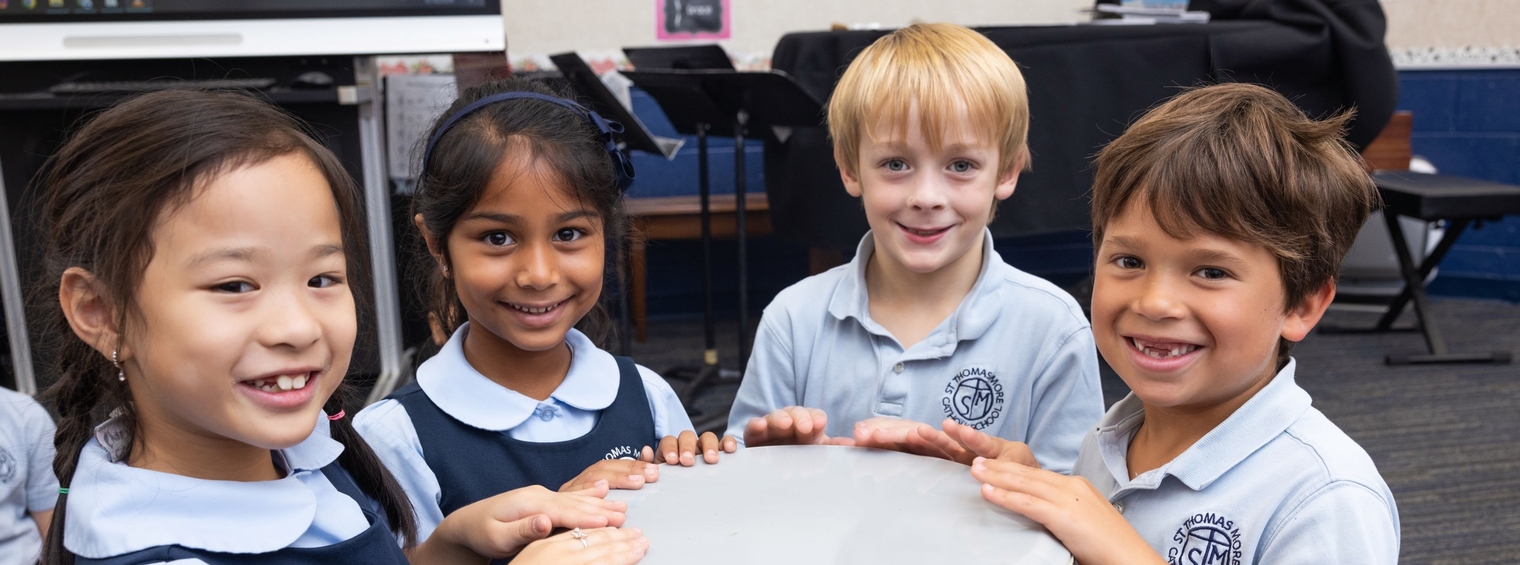

Specials
Faith Through Creativity: Specials Overview
At Saint Thomas More Catholic School, specials classes nurture students’ gifts and talents while helping them explore God’s world through creativity, movement, language, and innovation. These subjects support the whole child—mind, body, and spirit—and encourage students to grow as joyful learners and faithful stewards.
The Specials teachers design cross-curriculum lessons and collaborate on school-wide and grade-level activities. They also teach every child in the school, which allows them to build a relationship with each student and to watch a student grow and mature over time. With this unique opportunity to see a child year after year, they can recognize and nurture abilities outside typical academic skills.
.png)
Art
At Saint Thomas More Catholic School, students explore the beauty of God’s creation through visual arts. They develop artistic skills, creative thinking, and cultural appreciation while learning to express themselves with purpose and care. Art instruction is rooted in faith, encouraging students to see themselves as creators made in the image of God.
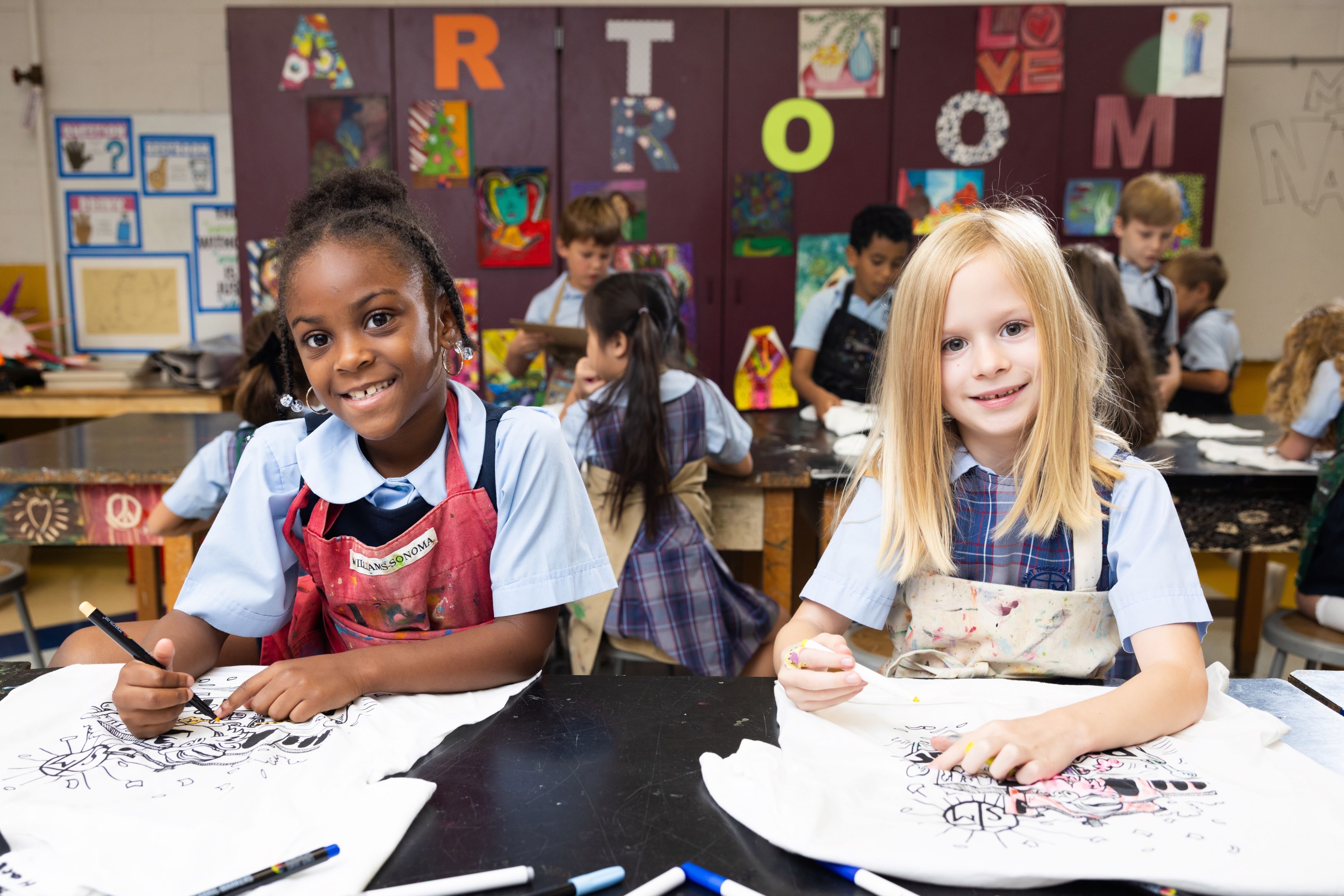
Music
Through our Music enrichment, students have the opportunity to gain knowledge in liturgical hymns and songs, lead mass service, and create a joyful learning community.
/Students%20playing%20the%20xylophone%20in%20music%20classJM2_6593.jpg)
STREAM (Science, Technology, Religion, Engineering, Art, Math)
At Saint Thomas More Catholic School, STREAM education (Science, Technology, Religion, Engineering, Arts, and Mathematics) empowers students to explore God’s creation through inquiry, creativity, and collaboration. Using the 5E model—Engage, Explore, Explain, Elaborate, and Evaluate, students develop critical thinking, design skills, and interdisciplinary knowledge while discovering how faith and innovation work together to shape the world.
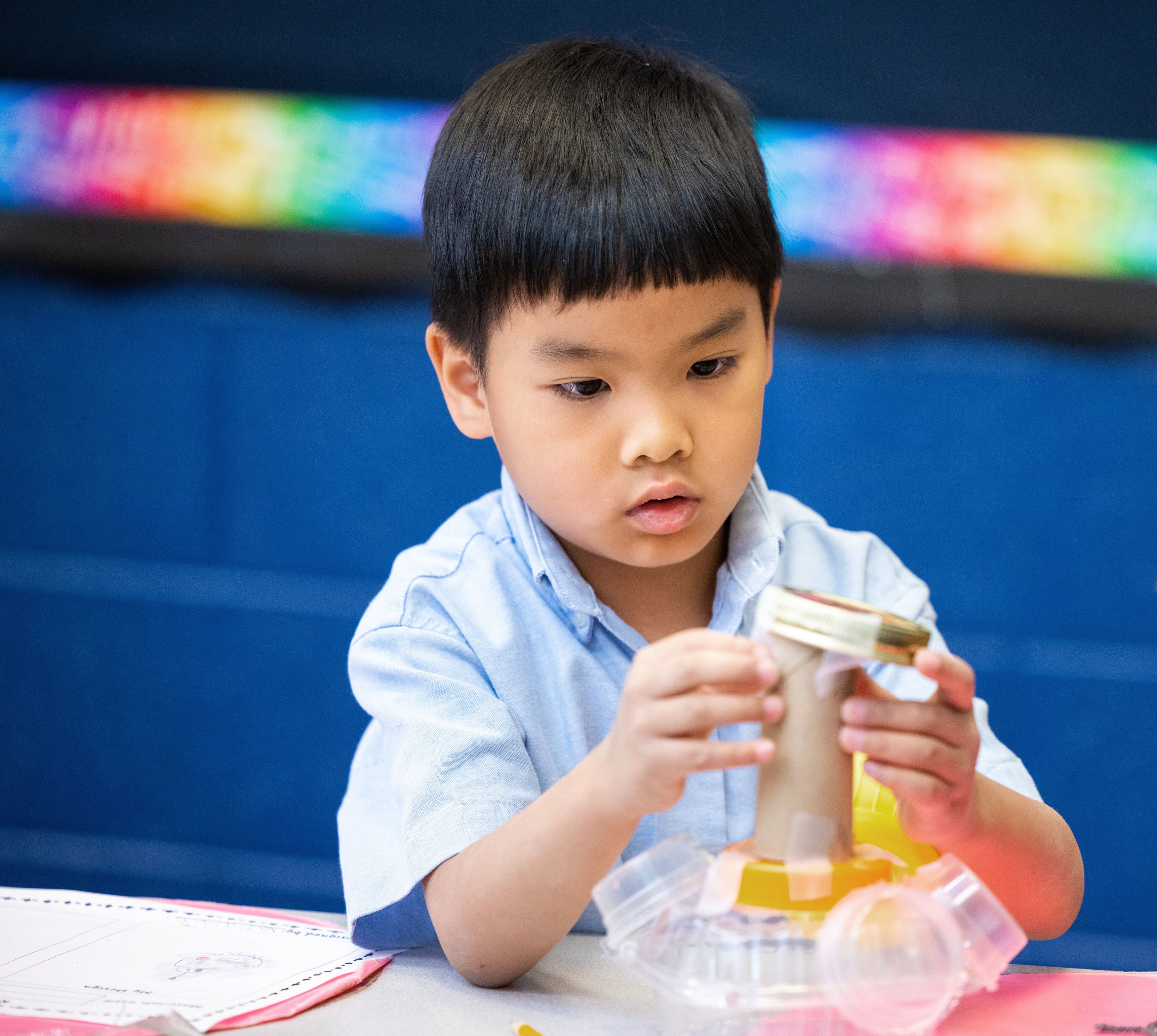
Spanish
At STM, the Spanish enrichment class is an important and exciting part of the curriculum designed to foster creativity, self-expression, and imagination in our students.
Physical Education (PE)/Health
Our Physical Education (PE) and Health program focuses on fostering students' development of movement skills that contribute to their overall personal health and enjoyment. We aim to cultivate a lifelong love for physical activity, effective communication with others, and health literacy from an early age. Our curriculum is personalized to meet the needs of each student while nurturing all students' holistic development.
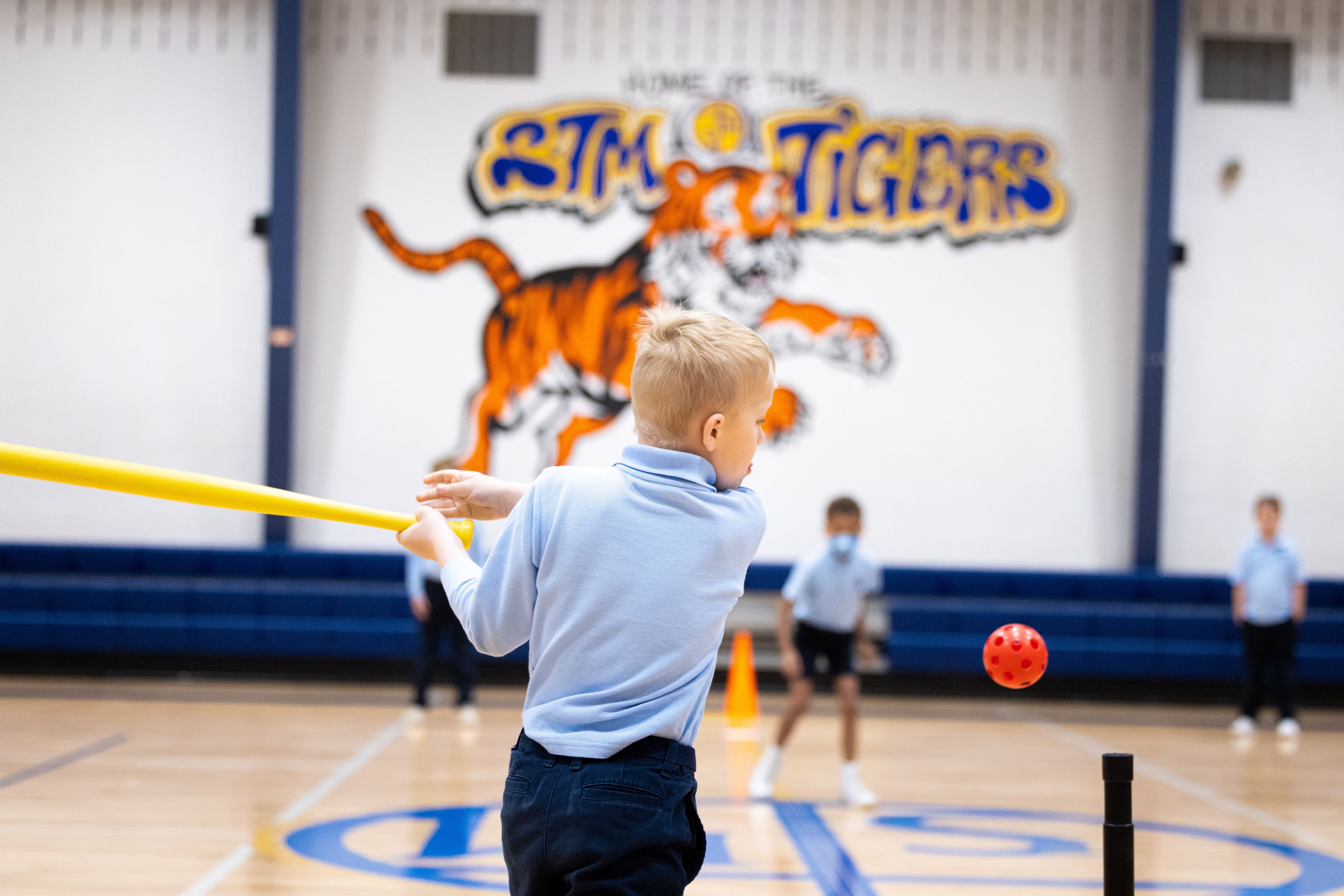
Media/Library
At Saint Thomas More Catholic School, the library is a vibrant space where students grow as readers, researchers, and responsible digital citizens. Through guided exploration, independent reading, and research-based learning, students develop essential literacy skills that support academic success and personal growth. The library fosters curiosity, creativity, and a love of learning across all grade levels.
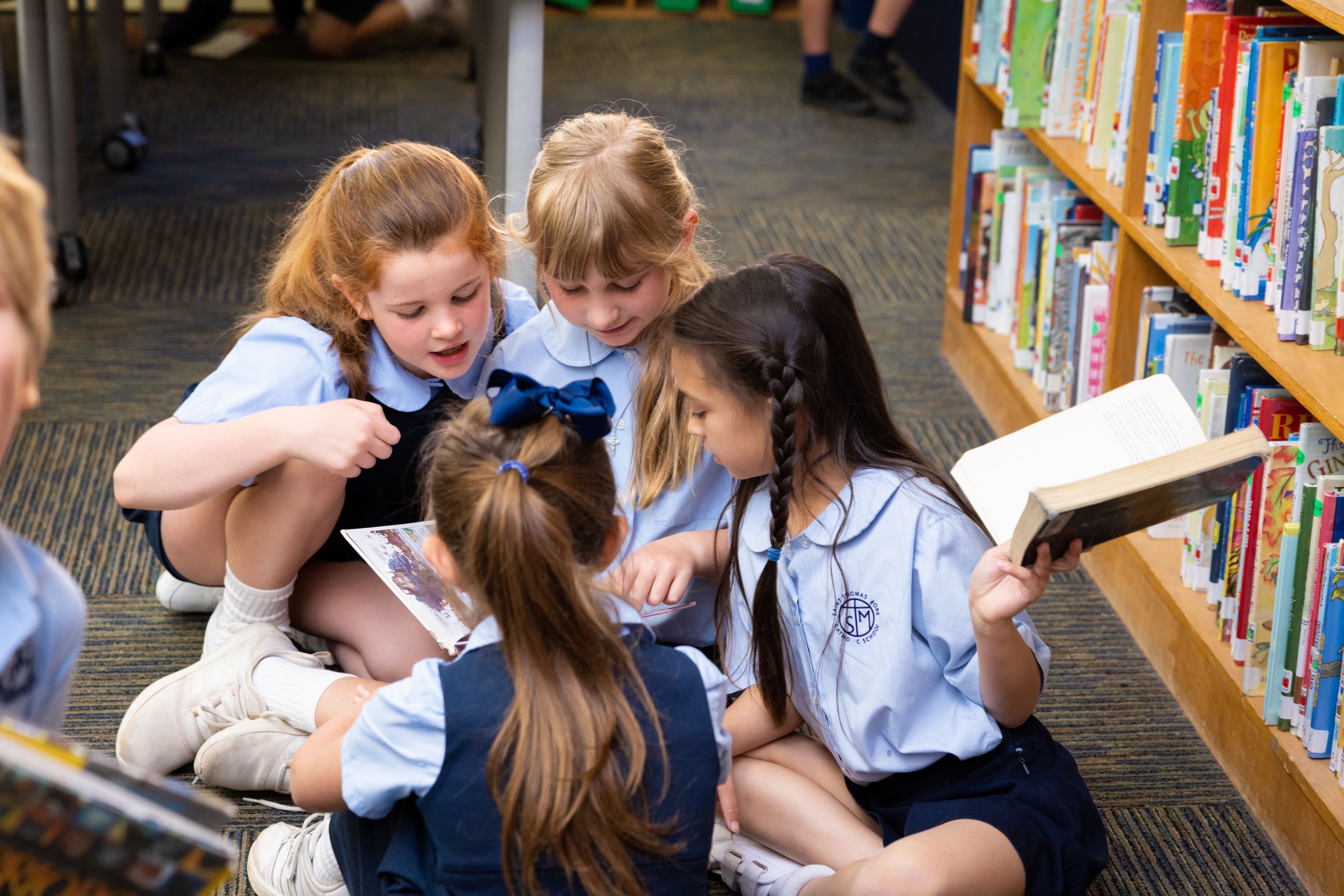
Request Information
Complete to request information from our Admissions Office.
Visit
Register for a personal tour and/or to attend one or more Admission events.
Apply Now
Create an application account and submit an online application for your child today!

.png)
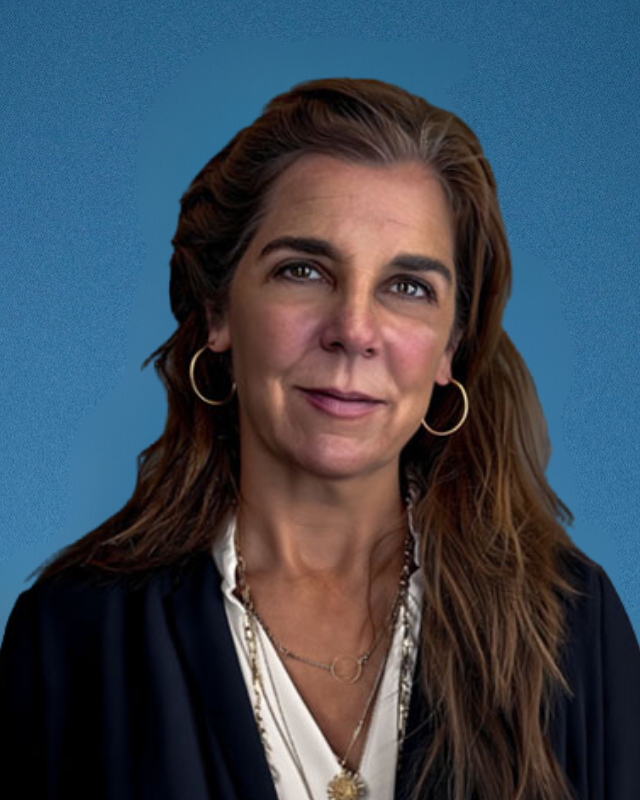
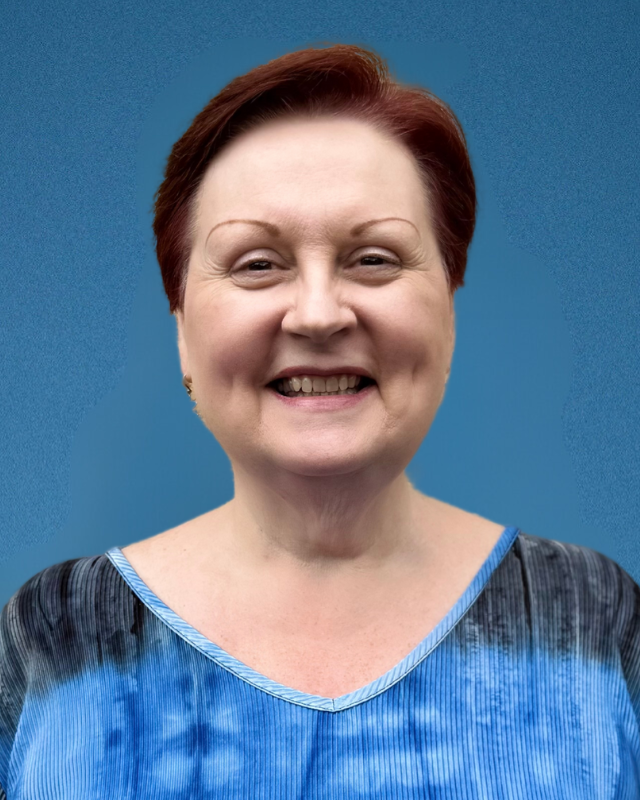
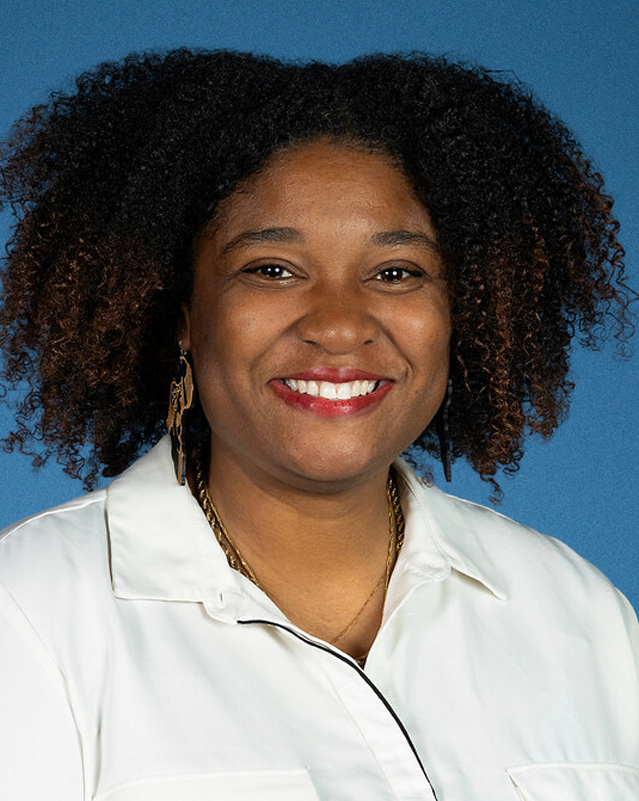
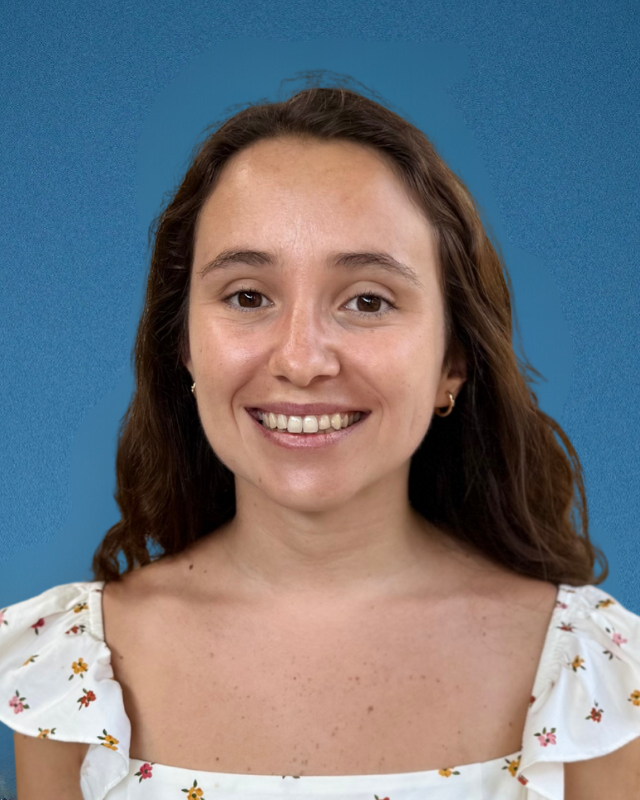
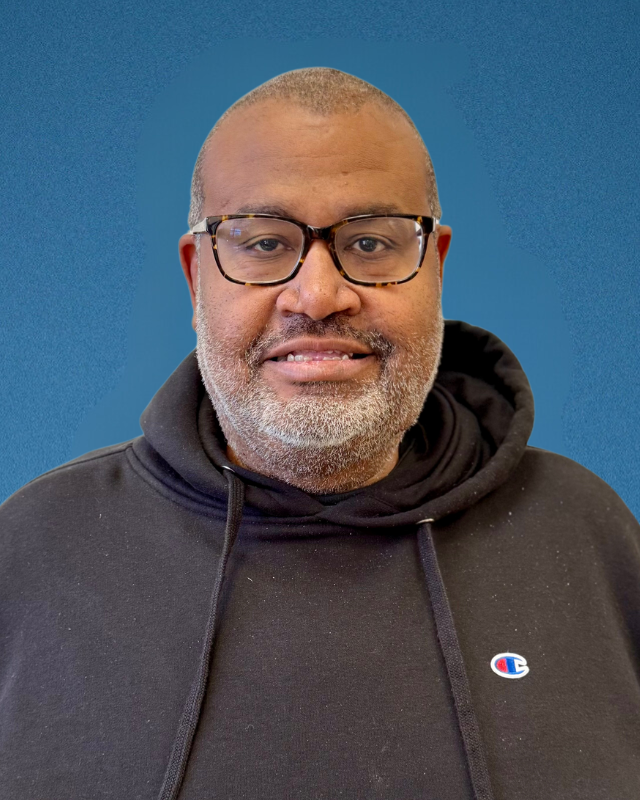
.jpg)